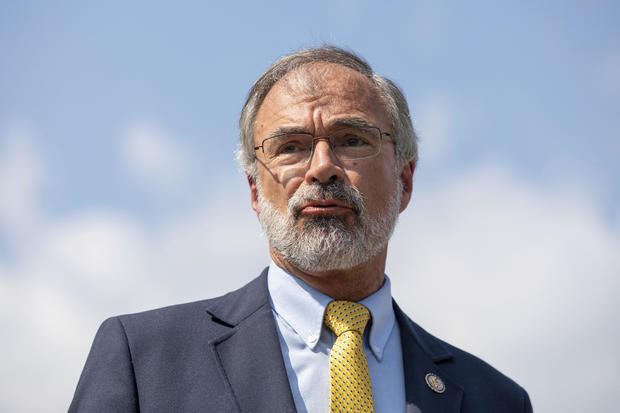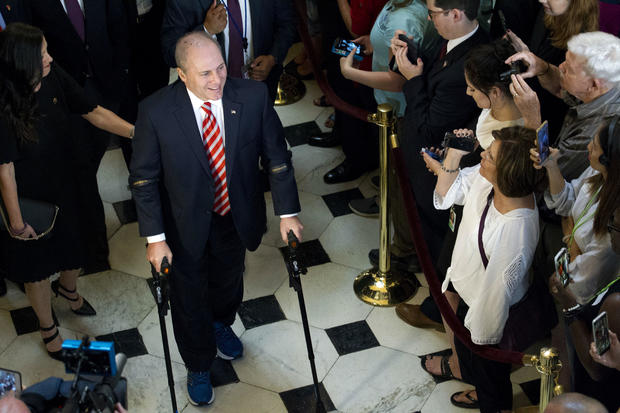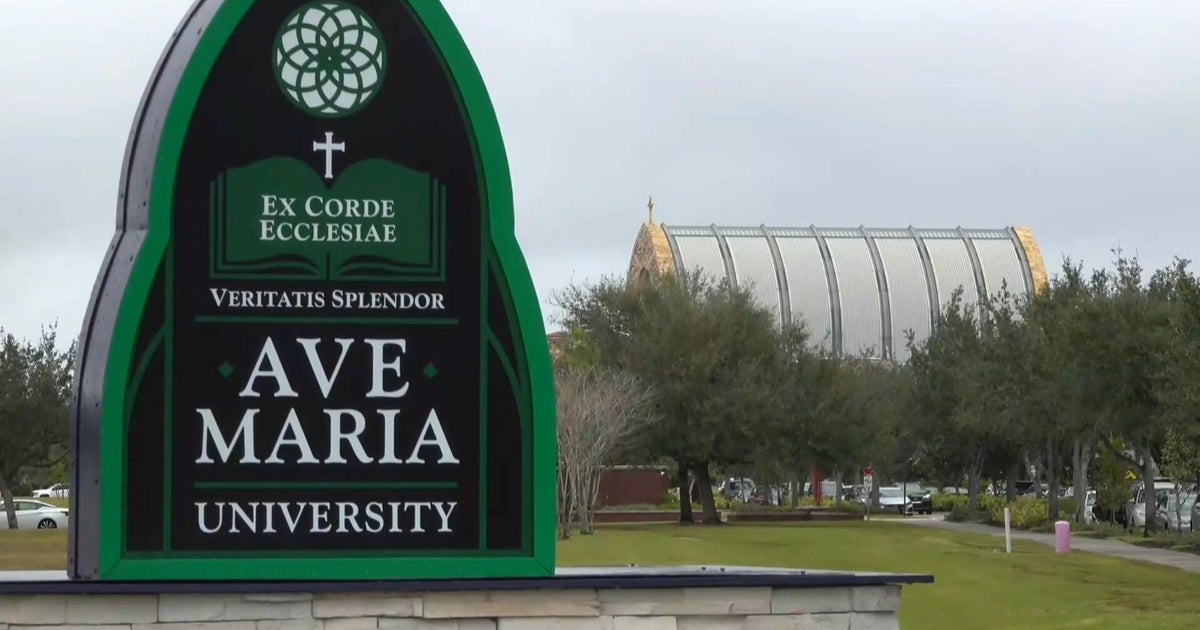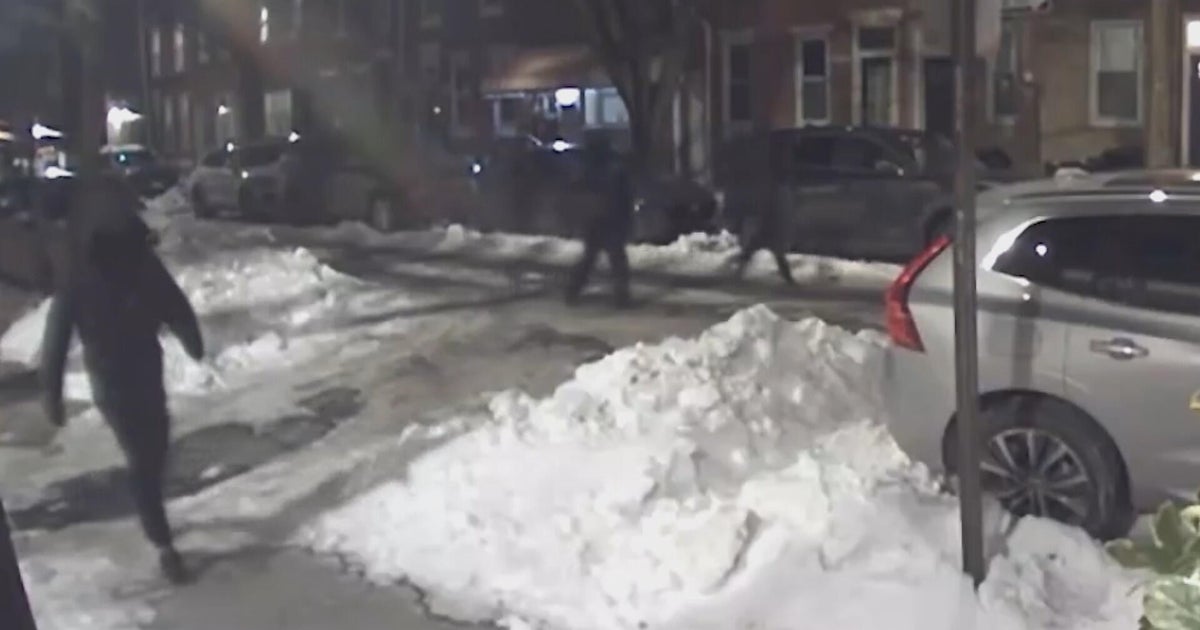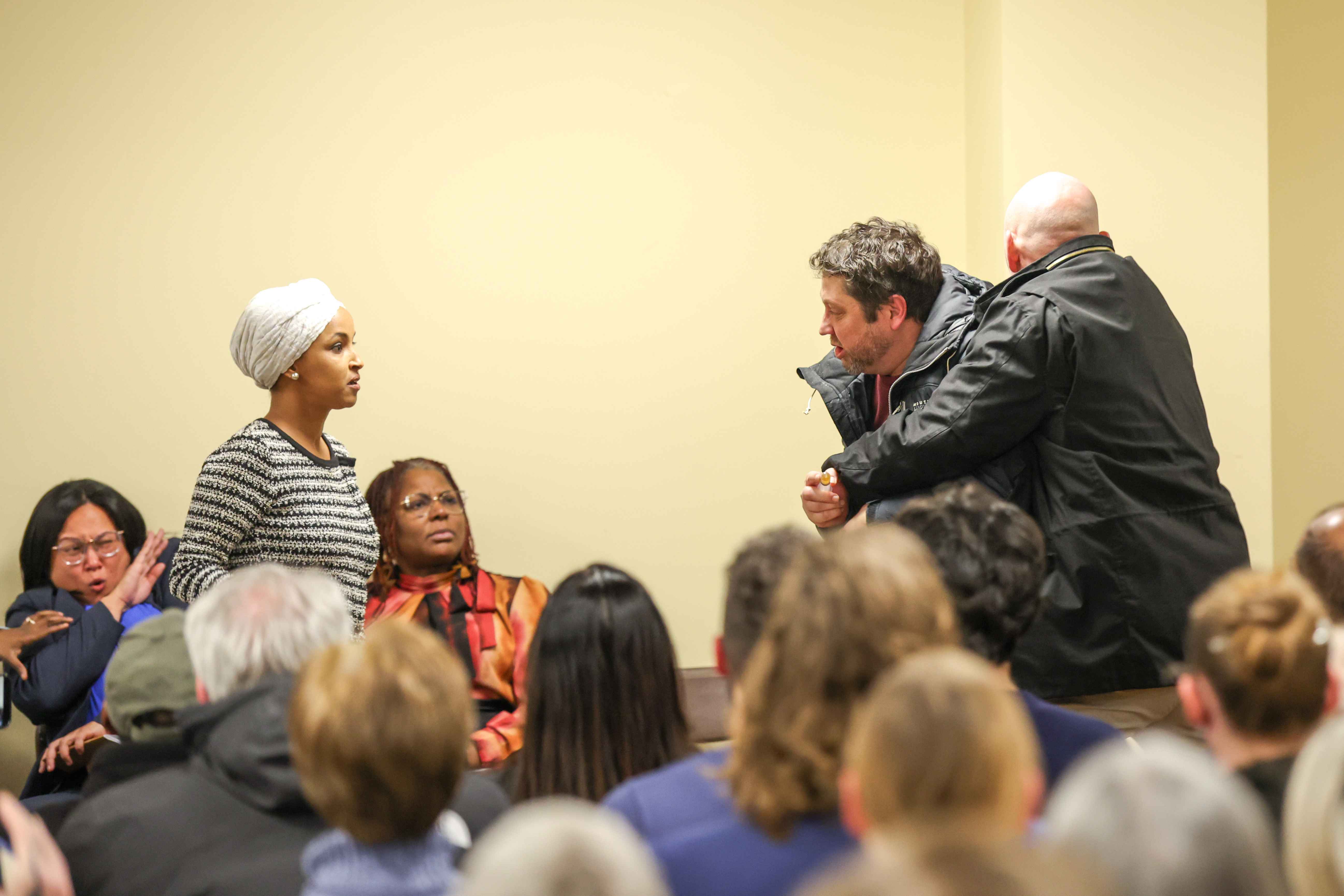New data finds violent threats against Congress have more than doubled in past five years
New data from the U.S. Capitol Police shows that threats made against lawmakers has drastically increased in the last five years, with nearly 10,000 threats investigated last year alone.
In 2020, Sidhartha Mathur was a college graduate with a public health degree and no criminal history. But that changed after he said he let his emotions take over.
Mathur was arrested weeks after the 2020 election for leaving Maryland Rep. Andy Harris a message where he threatened him and his family.
"At that moment, I let my anger get the best of me," he told CBS News Congressional correspondent Scott MacFarlane.
Prosecutors deemed it a death threat and filed federal charges against Mathur. He pleaded guilty to a federal criminal charge of communicating a threat and was sentenced to serve eight consecutive weekends in jail, followed by six months of home confinement and two years of probation.
Mathur said he was angry his congressman was challenging the results of the election.
"You say your intention was to voice your opinion, you went a lot farther than that? "MacFarlane asked.
"I did. In fact, when I picked up the phone and I was so infuriated at that time. It was an unfortunate thing that I did and I'm very sorry," Mathur said.
Some politically charged rhetoric has already turned violent. In 2017, a rifle-wielding attacker opened fire on Republican lawmakers at a congressional baseball practice, wounding House GOP Whip Steve Scalise and several others.
"I'm lucky to be alive. God definitely took care of me that day," Scalise said.
Scalise has been undergoing physical therapy since the shooting. he said there should be a "zero tolerance" policy and rigorous prosecution for threats, including verbal ones.
"Clearly people, there's got to be mental illness involved. The rage that some people might get where they think it is ok to take a political difference and then want to go commit violence based on it," said Scalise.
An armed California man was arrested last week near Justice Brett Kavanaugh's house in Maryland after making threats against Kavanaugh. He is charged with attempting to murder a Supreme Court justice.
Many experts point to the increasingly overheated and inflammatory rhetoric of politicians for being behind the rise in threats.
"There's no question that hearing from elected officials that this is unacceptable behavior, that there are consequences for embracing this kind of hate speech and extremist ideology that makes a difference just as the failure to do that makes a difference,"Margaret Huang, president and chief executive officer of Southern Poverty Law Center, said.
Though it's not only politicians who bear responsibility, according to Mathur, who acknowledges that people should resist doing what he did.
"I still think about it every day, like when I wake up or when I'm going to sleep, it's it's going to stay with me forever, basically just for that one mistake, for that one night," said Mathur.
The House Sergeant at Arms has formally recommended more security cameras and upgrades at members' hometown offices, in addition to those at the Capitol.
Officials with the Capitol Police tell CBS News they are working to hire and deploy an additional 280 officers by the end of the summer.
